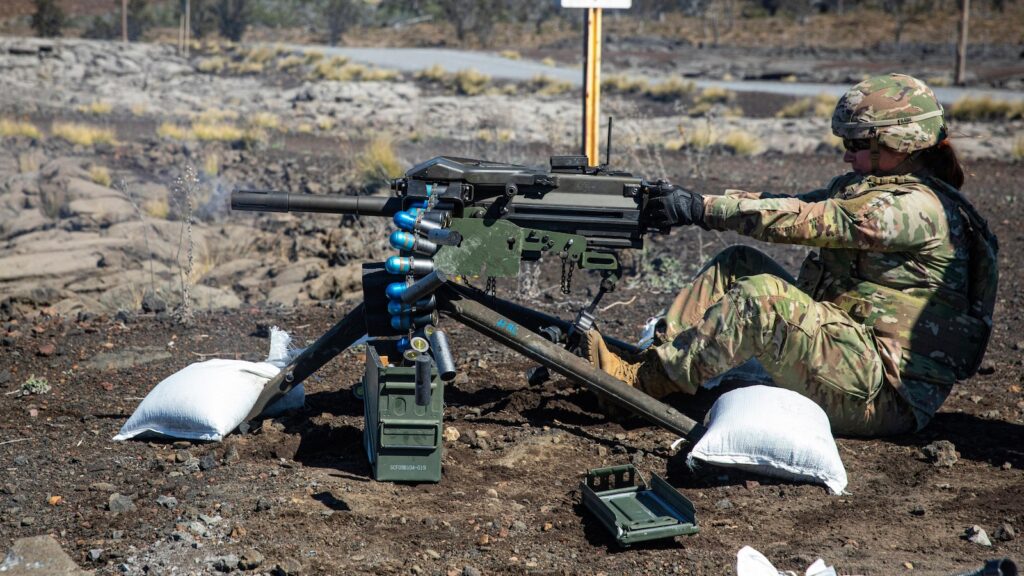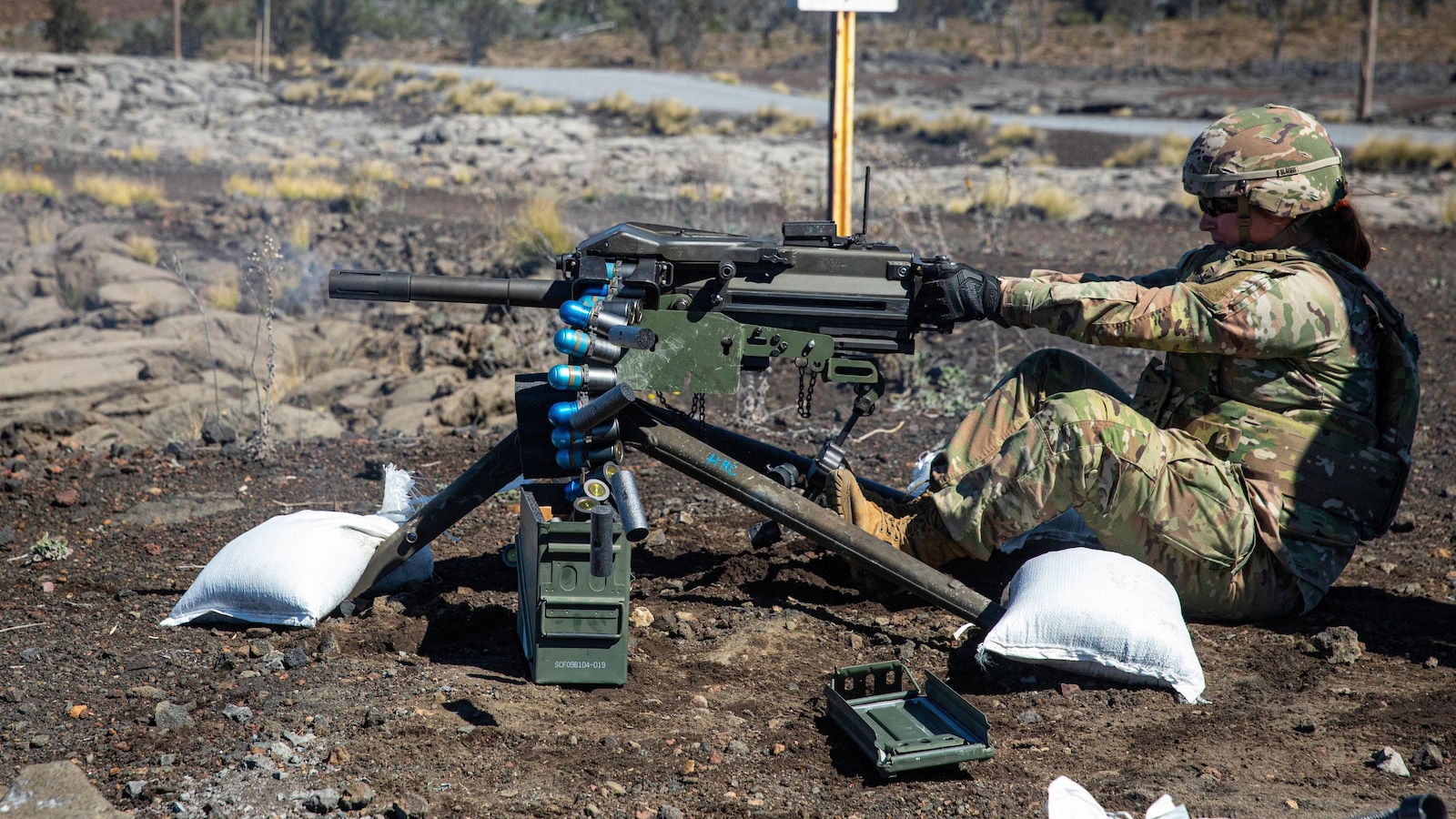US military's attempt to retain strategic land for training runs into Native Hawaiian opposition
US military's attempt to retain strategic land for training runs into Native Hawaiian opposition

The U.S. military wants to continue live-fire training at Pohakuloa, a high-altitude plateau on Hawaii’s Big Island
Read the full article on ABC US
Truth Analysis
Analysis Summary:
The article appears mostly accurate based on the available information. The primary claim regarding the US military's desire to continue live-fire training at Pohakuloa is supported by Verification Source #1. However, the article's framing of the Native Hawaiian opposition might present a slight bias by focusing on this aspect without providing equal attention to the military's perspective or justification.
Detailed Analysis:
- Claim:** The U.S. military wants to continue live-fire training at Pohakuloa, a high-altitude plateau on Hawaii’s Big Island.
- Verification Source #1: Supports this claim, stating that the article is about the US military's attempt to retain strategic land for training at Pohakuloa Training Area, Hawaii.
- Claim:** (Implied) There is Native Hawaiian opposition to this training.
- Verification Source #1: Supports this claim, mentioning that the military's attempt to retain the land runs into Native Hawaiian opposition.
- Claim:** (Implied) Pohakuloa is a strategic location.
- This is not directly supported or contradicted by the provided sources. Its strategic importance is implied but not explicitly stated. Internal knowledge suggests that Hawaii's location in the Pacific makes it strategically important for military operations, but this is not verifiable with the provided sources.
Supporting Evidence/Contradictions:
- Verification Source #1: Confirms the core claim that the US military wants to continue training at Pohakuloa and that this faces opposition from Native Hawaiians.
- Verification Sources #2, #3, #4, and #5: Do not directly address the specific claims in the article. They cover unrelated topics such as military developments in China, opposition to renewable energy projects, civic literacy, and congressional bills.

